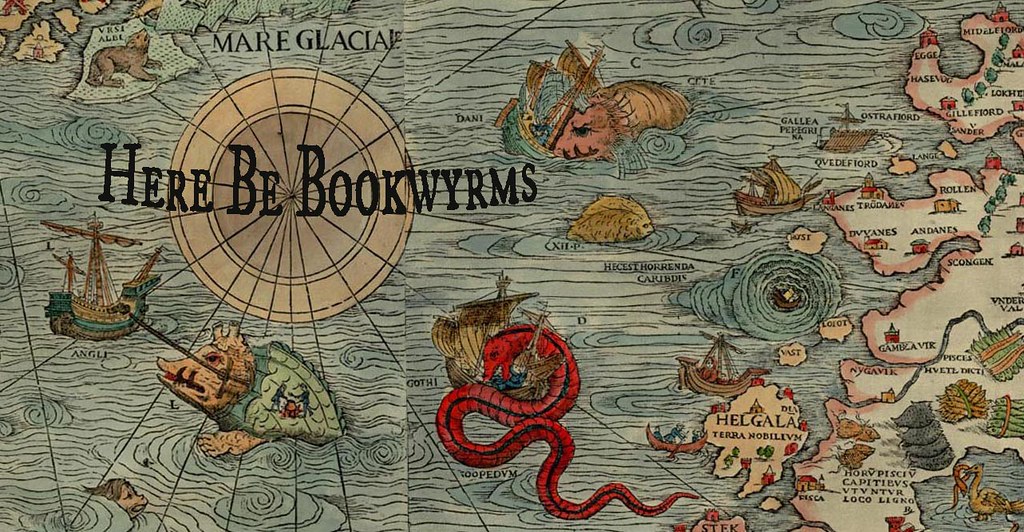The War of the Worlds, by H.G. Wells, is a classic science fiction tale of Martian invasion. The story is narrated by a philosopher who lives a quiet life in the English country with his wife. When visiting an astronomer friend at his observatory one night, they witness what would seem to be shooting stars, but for the fact that they appeared to have been fired directly from Mars. It is not too long before a large metallic cylinder comes crashing into the earth near their homes. The news gets out of course, but no one is alarmed at first, since it takes a rather long time for the martians to emerge from their cylinder, and once they are out, they don't appear to be capable of leaving the crater their vessel made. Their sluggishness and apparent immobility is attributed to their not being able to adjust to the additional gravitational force on this planet, and everyone feels quite safe because of it.
Up until the martians finish constructing their deadly heat ray, that is, and begin burning to death everything within its range.
This unfortunate turn of events is...well...unfortunate. But they still can't get out of the crater, right? So as long as you're not in range of this heat ray, you're safe.
Except then it turns out the martians have also brought along things to put together humongous death machines to roam about the countryside in, burning up stuff with their heat rays and snatching up people to feed upon, and causing a widespread general panic. The military of course was called in, but this is the late 19th century, so their weapons are obviously no match against the superior technology of the martians. Humankind is pretty screwed, yeah?
Maybe, maybe not.
Before finishing this book just now, I had never read the entire thing. I remember reading an excerpt in English class one year, but that would've been some small part of what Orson Welles read over the radio when he scared the shit out of everyone in the nation who hadn't read the book.
I have to say, my first thought (and recurring thought) while reading War of the Worlds was "fucking shit, this was really published in 1898???" because for fucking real, it could have been written yesterday and be almost exactly the same. Except for the part where if it were written yesterday, and Bush or Palin or really most any Republican were in office, the US probably would've been all "Well, England...you had a good run, guys" and dropped a nuke in the middle of the martian landing sites. That is, unless they just chose to ignore the reports that would undoubtedly be coming out of Europe and the influx of British refugees to our borders, up until a martian capsule or war machine showed up on our own soil and destroyed the White House or the Pentagon or wiped out one of our major cities or something.
Seriously, though, there is absolutely no question as to why Wells is considered to be the "father of science fiction." It's a title he rightly deserves, and if you have read this already, I'm sure you agree with that sentiment. It never ceases to amaze me the things authors like Wells have come up with, just from their own imaginations, that went on to inspire actual scientific technologies that we perhaps take for granted today, and some which we are well on our way to successfully developing. It is a true testimony to the creative potential of the human mind.
I honestly picked this up thinking that it based on its publication date, it would be stale and maybe somewhat laughable, because of how far science and technology have come since then. The 1950s film adaptation was in mind at first, along with other corny sci-fi flicks of that time. But this book is far from stale or laughable. Wells paints a very realistic picture of a world in the midst of utter destruction as the narrator determinedly makes his way across the countryside towards London - with the current mega-popularity of the post-apocalyptic setting for novels and film today, War of the Worlds would fit right in if written in the present. This, coupled with the glimpses into humanity Wells gives, make this book surprisingly poignant in more modern times, regardless of the technological advances we've taken.
ISBN:
Film Adaptations:
The War of the Worlds (1953)
War of the Worlds (1988-1990)
War of the Worlds (2005)
War of the Worlds (also 2005)
War of the Worlds 2: The Next Wave (2008)
See what others are saying about it, or buy it now:
Amazon
Better World Books
See what others are saying about it, or buy it now:
Amazon
Better World Books
-------
Check out my progress on the challenges to which this book applied!





No comments:
Post a Comment